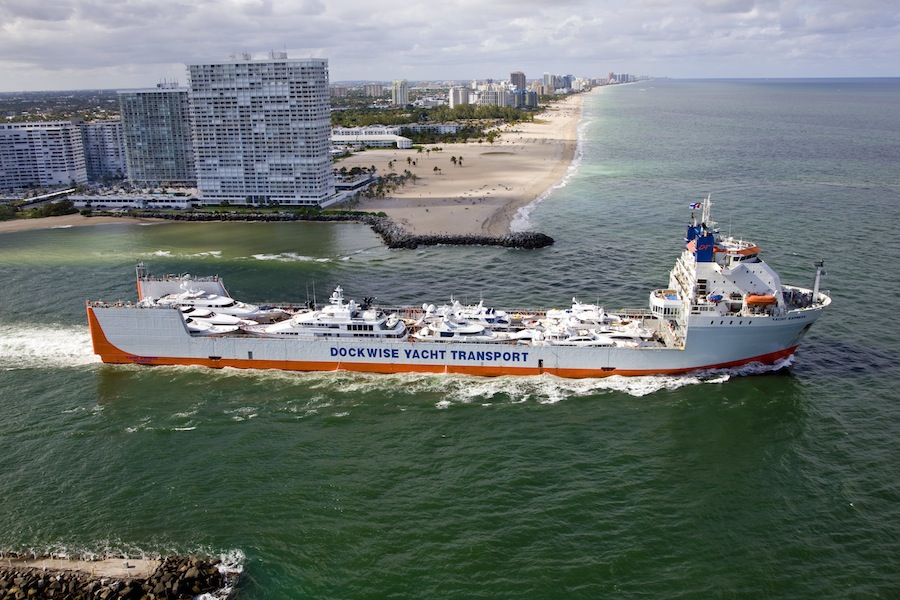By Sabrina Imbler.
Although clown fish are conceived on coral reefs, they spend the first part of their lives as larvae drifting in the open ocean. The fish are not yet orange, striped or even capable of swimming. They are still plankton, a term that comes from the Greek word for “wanderer,” and wander they do, drifting at the mercy of the currents in an oceanic rumspringa.
When the baby clown fish grow big enough to swim against the tide, they high-tail it home. The fish can’t see the reef, but they can hear its snapping, grunting, gurgling, popping and croaking. These noises make up the soundscape of a healthy reef, and larval fish rely on these soundscapes to find their way back to the reefs, where they will spend the rest of their lives — that is, if they can hear them.
READ MORE at nytimes.com

